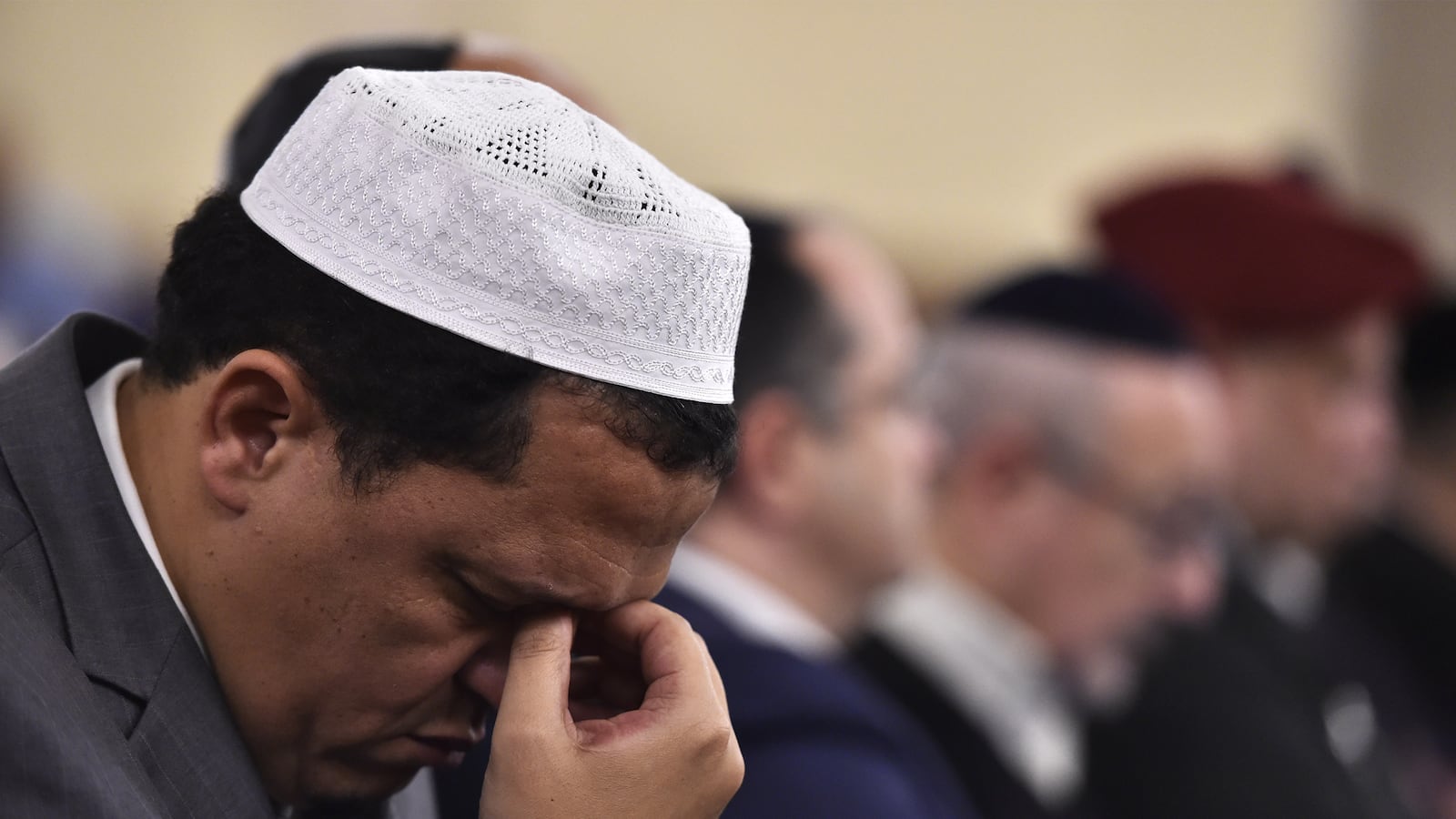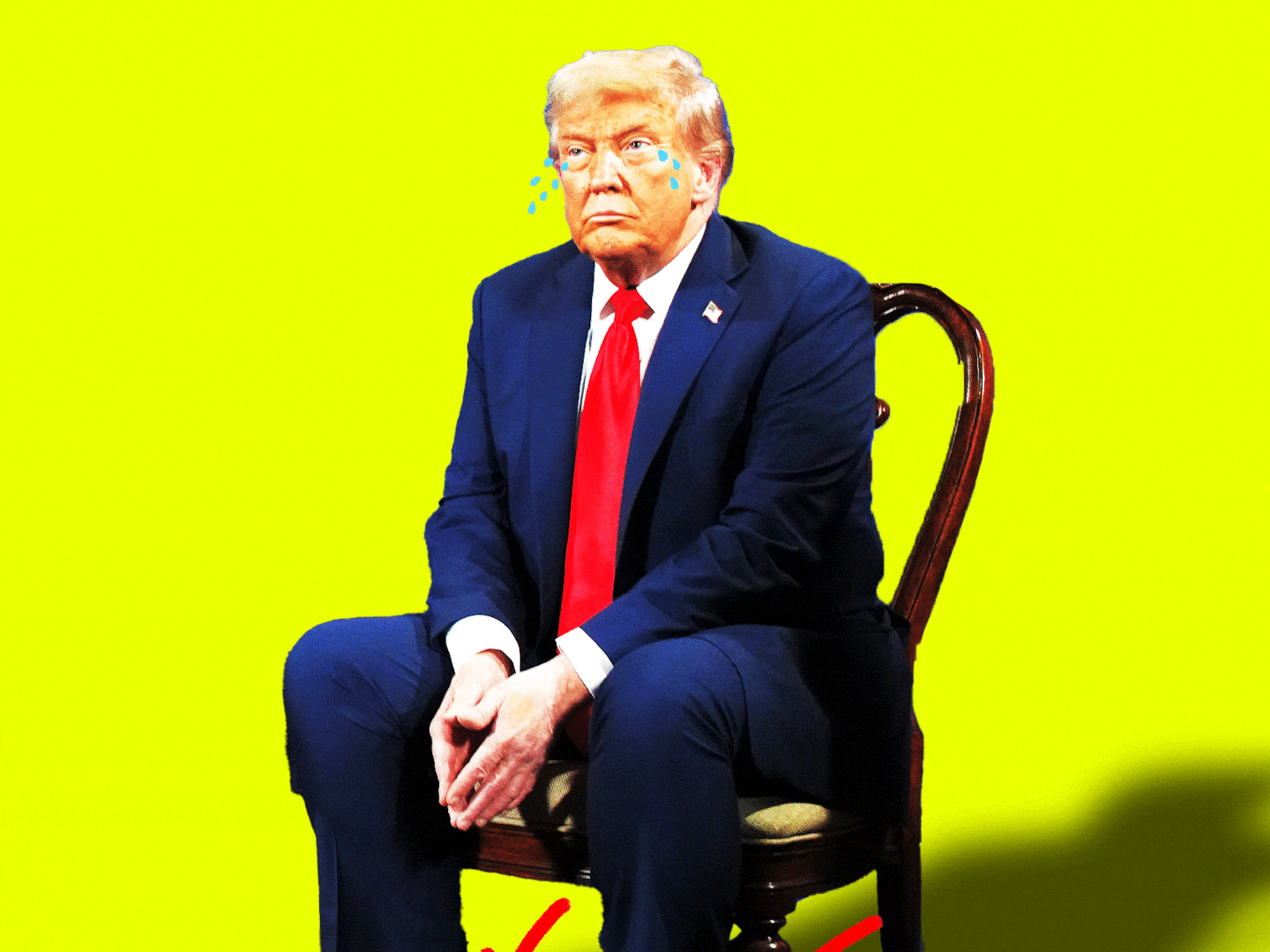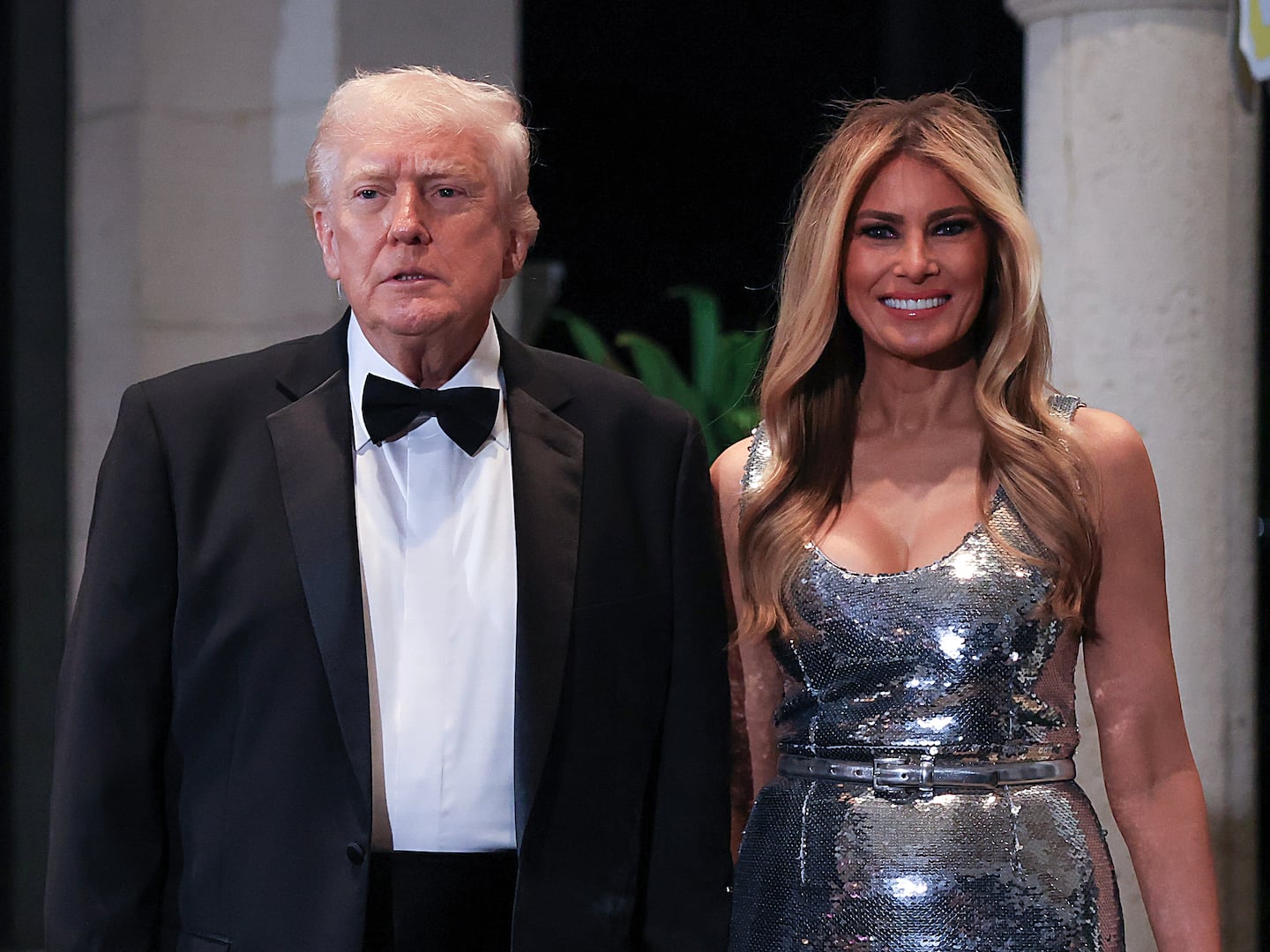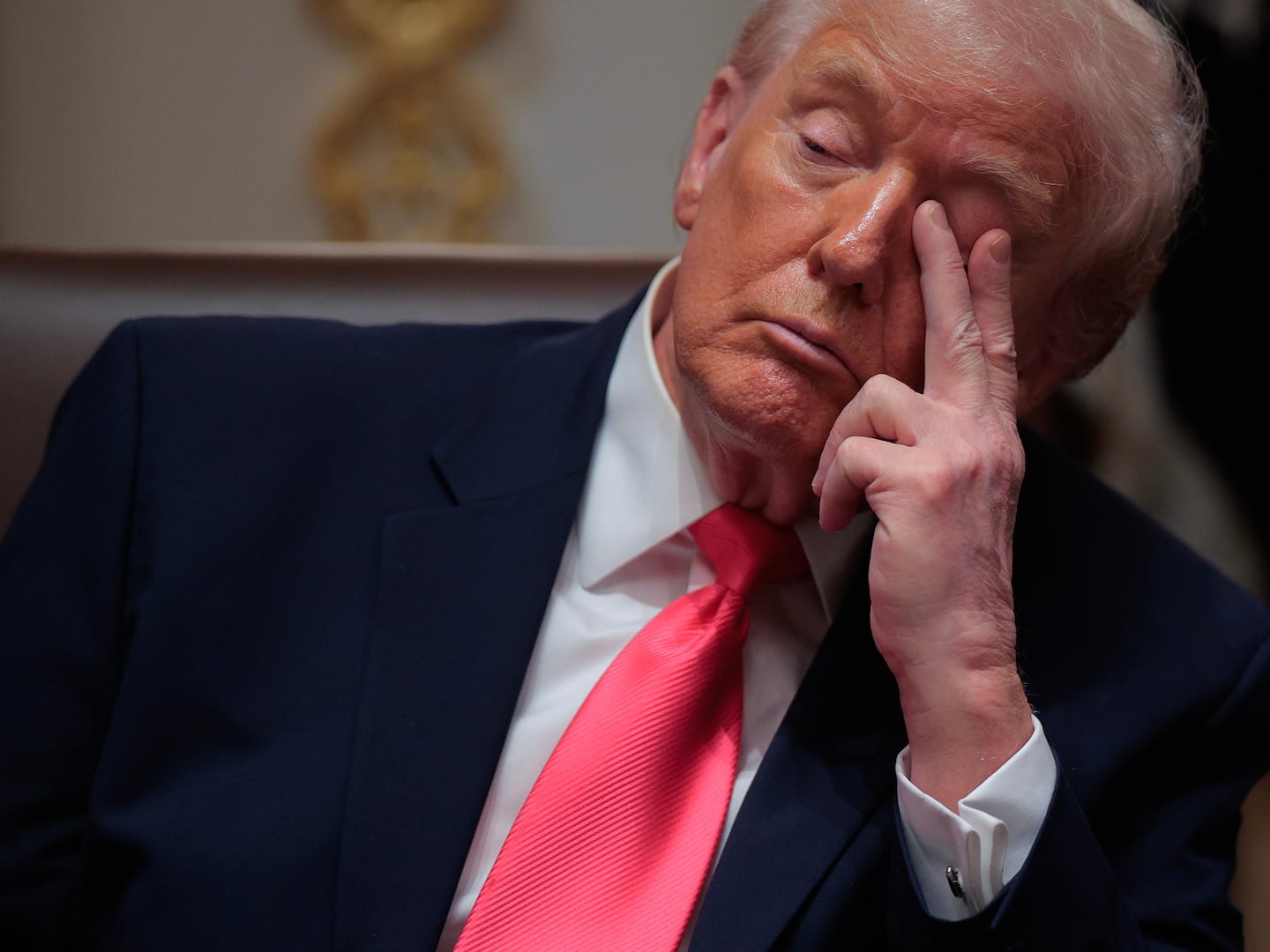Denounce ISIS? Muslims despise ISIS. (At least those who aren’t pathological.)
True, ISIS is compromised of people who claim to be Muslims. But the number one victim of this barbaric terror group is Muslims. That’s undisputed. ISIS has killed thousands of Muslims across the Middle East, including beheading Sunni Muslims in Iraq for failing to pledge loyalty to them, executing Imams for not submitting to them, and even killing an Imam in Iraq for simply denouncing them.
And just a few days before the brutal terrorist assault in Paris, ISIS launched a coordinated terrorist attack in Beirut, killing 43 and wounding 239 people who were primarily if not exclusively Muslims. However, in contrast to Paris, American media outlets barely covered the Beirut attack. Apparently Muslims being killed by ISIS doesn’t attract enough ratings for U.S. media outlets to justify “full team” or even quarter-team coverage.
But let’s talk Paris. When the news first broke about the bloodshed, I, like most Muslims, thought: “Please don’t let the attackers be Muslim.” Most of us feel that way any time we hear news reports of horrendous events like mass school shootings. But as we learned more facts, it became increasingly likely that ISIS or al Qaeda had perpetrated the Paris attack. (We have since learned it was ISIS.)
That’s when the rollercoaster of emotion hit. And believe me, I’m not the only Muslim who goes through this. It’s like the five stages of grief but in a different order. It begins with depression, as I felt Friday night. The odd combo of sadness for the victims and almost nausea because you know that this terrorist attack will further define Islam in the minds of many of my fellow Americans. Alarmingly, a poll a few months ago already found 27 percent of American think ISIS represents “true Islam.” This number will likely rise after Paris.
By Saturday morning, however, that depression had turned to fear as it was confirmed that ISIS was behind the barbaric assault that left over 120 dead and hundreds injured. The fear, of course, is that there will be a backlash against Muslims in America for ISIS’s actions. No doubt we would see online hate against Muslims—that’s there regardless of the news of the day.
The question is how else would the backlash manifest? Would we see hate crimes spike? More discrimination against Muslim Americans at the workplace? Will our government engage in wholesale spying on Muslim Americans, depriving us of our civil liberties simply because of our faith?
And worse, would ISIS’s dream of driving a wedge between Muslims and our fellow Americans come true? Even a national security expert on Fox News Saturday noted that ISIS’s operatives were expressing their hope on social media that some in the West would respond to the Paris attack by demonizing or even attacking Muslims living in Western countries because that would help ISIS’s recruitment efforts.
My emotions soon moved from fear to anger. Anger at ISIS for once again killing people in the name of my religion. For again perverting what Islam is for their own political agenda. And I’m far from alone in this feeling. The outrage and disgust by the Muslim community toward ISIS is palpable.
Several well-known American Muslims were on my SiriusXM radio show Saturday morning, including Al Jazeera America’s Wajahat Ali and CAIR’s Hassan Shibly and James Sues, and our emotional states were identical. And other Muslim American leaders I know expressed outrage in text messages and emails, with one well known female Muslim leader calling ISIS “motherfuckers.”
The response of Muslim American organizations in condemning the Paris attack has been swift. We have learned from the past that any delay will be seen by some (and used by others) to say that Muslims are cool with the bloodshed. For example, on Saturday morning leaders of the U.S. Council of Muslim Organizations, which consists of many of the leading national Muslim American organizations, held a press conference in Washington, D.C., to do more than just condemn the Paris attack; they lashed out at ISIS.
“We are revolted by this heinous attack on civilians,” declared Nihad Awad, the executive director of CAIR. Awad added that ISIS is “neither Islamic nor a state,” calling for a “swift and methodical” response to ISIS.
My Facebook feed is filled with condemnations and anger toward ISIS from Muslim friends around the world. And Muslim Americans have organized interfaith rallies and prayer vigils to stand with the people of Paris against ISIS in places from New York to Oklahoma to Los Angeles.
Internationally we have also seen Muslim leaders unequivocally denounce the ISIS attack, from the King of Jordan to leaders of the Gulf States. Even prominent Saudi scholars have condemned the Paris attack in sharp tones, calling for a “concerted effort” and a “unified moral stance” to defeat ISIS.
Of course, some will still say they don’t hear these condemnations. I don’t doubt those people. The mainstream media is about ratings, meaning that bloodshed will be covered 24/7 while denunciations by Muslims will get little to no press.
We can debate whether ISIS’s actions in Paris were inspired by a perverted view of Islam or was simply an act of revenge by ISIS against France for being the most commited European country in the military fight versus ISIS in Syria. But in the last two weeks, ISIS downed a Russian passenger jet liner as revenge for Russia’s attacks on ISIS and the Beirut bombing was to punish Hezbollah for fighting them in Syria. Paris looks less about religion and more like a counterattack by ISIS hitting its enemies where it can, as NBC’s counterterrorism expert Laith Alkhouri explained on my radio show Saturday and as other experts have echoed.
But what must be clear to all is that we can’t allow ISIS to achieve its goal of framing this as a fight pitting Islam against the West. It’s not. It’s all of us versus ISIS.






